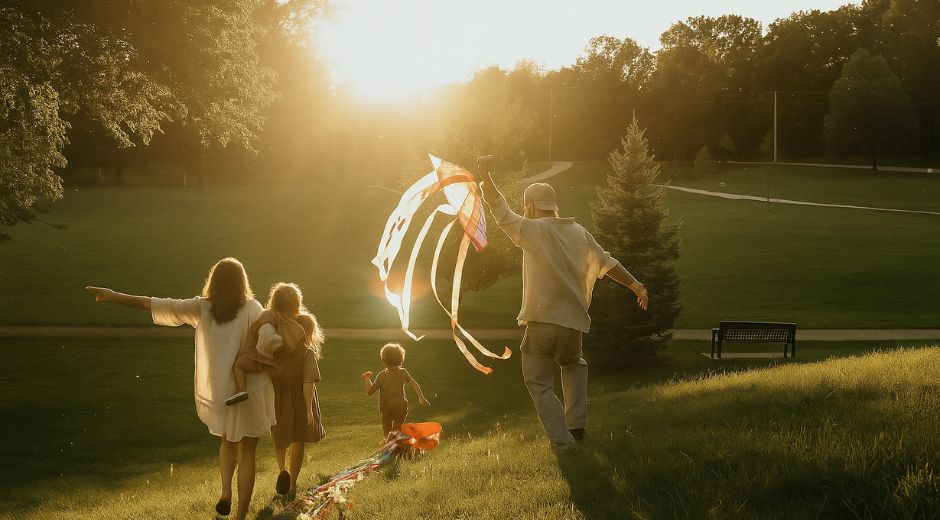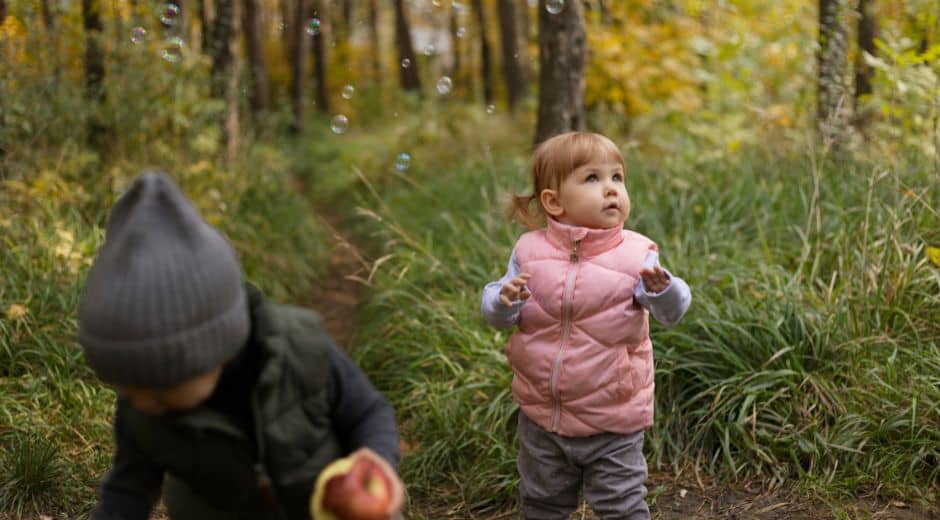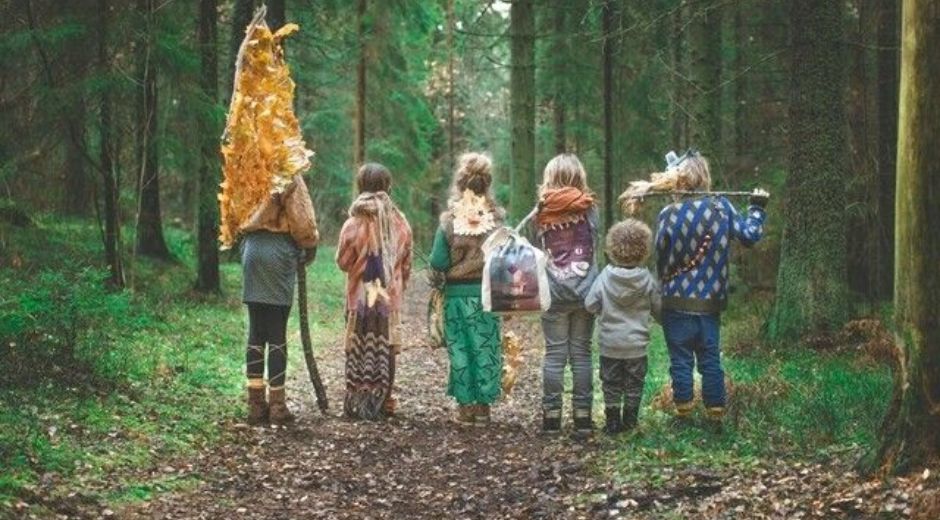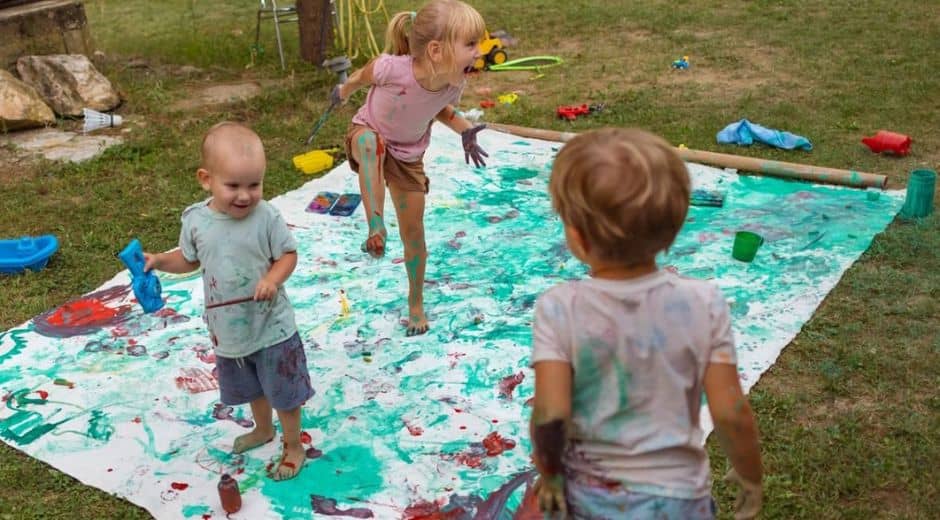Outdoor Games That Build Teamwork and Joy for Kids
Children today spend more time in front of screens than ever before, which means opportunities for movement, exploration, and teamwork are shrinking. Introducing Outdoor Games into their daily routine can transform not only their physical health but also their emotional and social growth. Through play, kids learn to cooperate, lead, and solve problems—all while having fun.
The Importance of Outdoor Play
Outdoor Games are more than just fun activities. They are powerful tools that nurture confidence, coordination, and communication. When children run, jump, and collaborate outdoors, they activate their creativity and engage all their senses. Playing outside encourages risk-taking, problem-solving, and resilience in a natural way that structured indoor environments rarely match.
According to research from National Geographic Kids, outdoor experiences support mental well-being by reducing stress and improving focus. Sunlight exposure helps regulate sleep patterns, while active play boosts mood and strengthens the immune system.
Building Teamwork Through Outdoor Activities
Teamwork doesn’t develop through lectures—it grows through shared challenges. Outdoor Games like relay races, scavenger hunts, and tug-of-war naturally teach children how to work together, listen, and respect one another’s strengths. When they depend on teammates to win or complete a goal, they learn the value of collaboration.
Simple activities can become teamwork lessons:
Relay races build coordination and group trust.
Capture the Flag teaches planning and communication.
Obstacle courses foster motivation and resilience.
Parents can encourage these games at parks, backyards, or schoolyards, turning regular afternoons into team-building adventures.
Creativity and Imagination Come Alive
Outdoor Games unleash imagination in ways digital entertainment cannot. A stick becomes a magic wand, a park becomes a kingdom, and a trail becomes a treasure map. Free outdoor play lets kids create their own worlds, rules, and roles, which nurtures problem-solving and storytelling skills.
When children invent new games together, they practice negotiation and leadership. These moments shape confidence and self-expression, showing them that play is not only physical—it’s also deeply creative.
Health Benefits Beyond the Playground
Active Outdoor Games strengthen the body as well as the mind. Running, jumping, and climbing improve cardiovascular endurance, muscle tone, and balance. Regular playtime outdoors also contributes to better posture and stronger bones.
Just 30 minutes a day can make a major difference. Studies show that outdoor activity reduces the risk of childhood obesity, enhances vitamin D production, and improves sleep quality. Plus, exposure to fresh air and natural light helps boost energy and concentration.
Encouraging Social Skills and Emotional Growth
Playing Outdoor Games with others teaches children to navigate real-world social dynamics—something screens can’t replicate. They learn to share, take turns, and deal with both victory and defeat. These experiences cultivate empathy, patience, and resilience.
Parents can gently guide these moments by modeling positive sportsmanship. Instead of focusing on who wins, highlight teamwork and enjoyment. Ask reflective questions after play: “What did you enjoy most?” or “How did you help your team today?” Such conversations deepen emotional intelligence and awareness.
Simple Outdoor Games You Can Try
You don’t need special equipment or big spaces to make Outdoor Games exciting. Some timeless examples include:
Treasure Hunt: Hide small items and create clues that lead to the prize.
Nature Bingo: Make cards with leaves, insects, and rocks to find on a walk.
Balloon Toss: Great for coordination and laughter on warm days.
Follow the Leader: Encourages movement variety and creativity.
Simon Says – Outdoor Edition: Combine exercise with listening skills.
These games can be adapted for different ages, ensuring that everyone—from toddlers to teens—can participate and enjoy.
Bringing Families Together Through Play
Outdoor Games aren’t just for children; they’re for families, too. When parents join in, they strengthen bonds and model active living. Shared laughter and teamwork create memories that last a lifetime.
Try planning a weekly “family play day” at the park. Rotate games and let each family member choose their favorite. Not only will this strengthen relationships, but it also encourages children to view activity as a joyful, family-centered habit.
For more ideas on family play and parenting inspiration, visit CoolParentingTips.com, where daily posts explore practical ways to connect through fun and growth.
Technology-Free Fun: Why It Matters
Balancing screen time with Outdoor Games helps children rediscover natural curiosity. Outdoor play sparks excitement that digital entertainment often replaces with passive engagement. When kids explore freely, they use imagination, creativity, and observation—all vital for intellectual growth.
Outdoor environments also challenge sensory awareness. Feeling the grass, hearing birds, and seeing the sky provide grounding experiences that help children regulate emotions. In a world of constant noise and screens, these quiet sensory connections are priceless.
Overcoming Common Barriers
Parents often struggle to make time for Outdoor Games, citing busy schedules or weather concerns. Yet, even small changes can have big impacts. Ten minutes in the garden after dinner or a weekend walk to the nearest playground can shift habits gradually.
For colder months, layer up and explore winter activities like snow painting or building obstacle paths. The goal isn’t perfection—it’s consistency. Children benefit most from the rhythm of regular outdoor play, not from occasional big outings.
If you want a growing collection of fun and creative outdoor ideas updated daily, you can check GamingNewsHead for new seasonal activities, weekend challenges, and printable guides.
The Lifelong Benefits of Outdoor Games
The lessons learned from Outdoor Games extend far beyond childhood. Kids who play outdoors regularly tend to have stronger immune systems, better stress management, and improved focus. They’re also more likely to carry healthy, active habits into adulthood.
Beyond health, they gain intangible life skills—leadership, empathy, creativity, and perseverance. In essence, outdoor play shapes balanced, confident individuals ready to engage meaningfully with the world.
Final Thoughts
Encouraging Outdoor Games is one of the simplest and most rewarding ways to nurture children’s growth. Through movement, teamwork, and laughter, they develop strong bodies, sharp minds, and open hearts. As parents, every moment spent outdoors with them becomes an investment in connection and wellness.
Let playtime be more than entertainment—it’s the foundation for joy, friendship, and lifelong curiosity. So, step outside, take a deep breath, and watch your child’s imagination come alive under the open sky.
Learn Bond Bloom

Helping Kids Emotions Without Overreacting
Helping Kids Emotions Without Overreacting

Family Connection Time Ideas For Busy Parents
Family Connection Time Ideas For Busy Parents

Positive Discipline Tools That Teach Responsibility
Positive Discipline Tools That Teach Responsibility
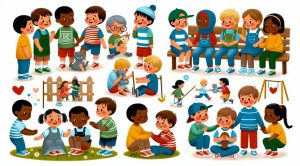
Building Emotional Skills Kids Use For Life
Building Emotional Skills Kids Use For Life





